COURSE OVERVIEW
DE0157 : Design of Fiber-Optic DTS and DAS Installations
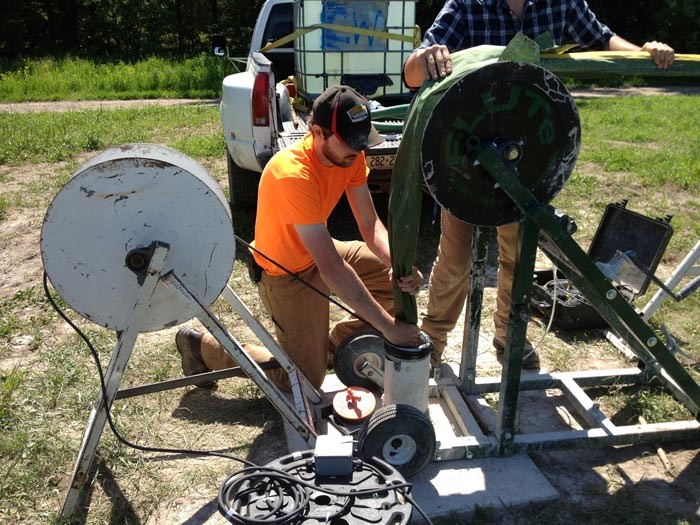
OVERVIEW
| COURSE TITLE | : | DE0157 : Design of Fiber-Optic DTS and DAS Installations |
| COURSE DATE | : | Jul 28 - Aug 01 2025 |
| DURATION | : | 5 Days |
| INSTRUCTOR | : | Mr. Samer Shukri |
| VENUE | : | Abu Dhabi, UAE |
| COURSE FEE | : | $ 8000 |
Course Description
This practical and highly-interactive course includes real-life case studies and exercises where participants will be engaged in a series of interactive small groups and class workshops.
Distributed Temperature Sensing (DTS) is an amazing and somewhat new technology through which temperature surveys can be taken non-obtrusively in a well. In another words, a logging tool never goes downhole. A temperature log is recorded continuously along the well depth in real time and at time intervals as small as a few minutes between surveys. This time lapse monitoring capability allows an otherwise difficult-to-interpret temperature log to easily pinpoint production changes.
These DTS systems use a fiber optic line placed in a well typically as a semi permanent installation along the well length. Such systems have found application in high cost horizontal and multilateral wells where re-entry with a logging tool is difficult if not impossible. They are also commonly used in shallow steam injection environments to monitor steam breakthrough in producing wells. Recent years have also witnessed the emergence of Distributed Acoustic and Chemical Sensing, DAS and DCS respectively. These new technologies offer significant new insights into production and reservoir management.
This course is an introduction to the emerging fibre optic technologies of Distributed Temperature Sensing (DTS) as well as related Distributed Acoustic (DAS) and Distributed Chemical Sensing (DCS). This programme looks at how these technologies work, and their application to the oil and gas industry. Such systems have been utilised in shallow steam injection wells as well as high-cost horizontal and multilateral wells where re-entry with a logging tool is difficult, if not impossible.
link to course overview PDF
TRAINING METHODOLOGY
This interactive training course includes the following training methodologies:
LecturesPractical Workshops & Work Presentations
Hands-on Practical Exercises & Case Studies
Simulators (Hardware & Software) & Videos
In an unlikely event, the course instructor may modify the above training methodology for technical reasons.
VIRTUAL TRAINING (IF APPLICABLE)
If this course is delivered online as a Virtual Training, the following limitations will be applicable:
| Certificates | : | Only soft copy certificates will be issued |
| Training Materials | : | Only soft copy materials will be issued |
| Training Methodology | : | 80% theory, 20% practical |
| Training Program | : | 4 hours per day, from 09:30 to 13:30 |
This course is no longer available.
Please check below for other scheduled dates.
RELATED COURSES
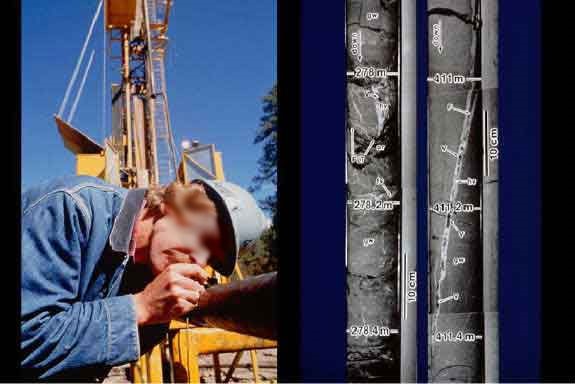
DE0805 : Coring and Core Analysis
- Date: Feb 22 - Mar 12 / 3 Days
- Location: Dubai, UAE
- Course Details Register
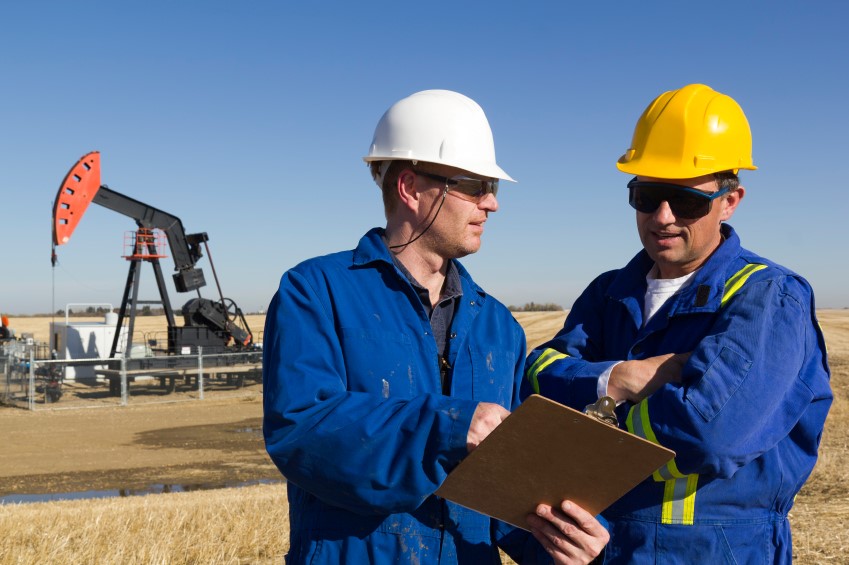
DE0338 : Concept Selection and Specification of Production Facilities in Field Development Projects
- Date: Feb 22 - Mar 12 / 3 Days
- Location: Dubai, UAE
- Course Details Register
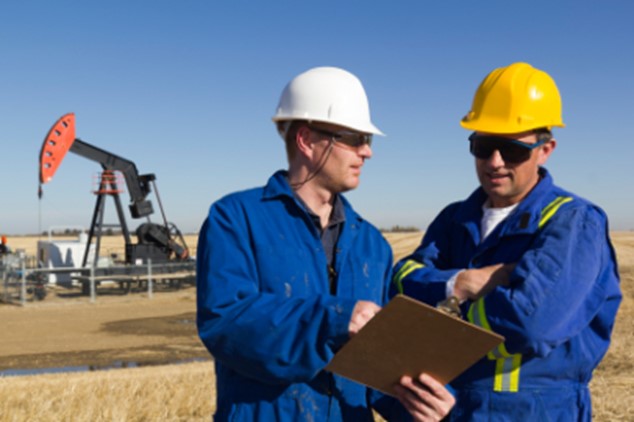
DE0460 : Artificial Lift Systems & Optimization Technology
- Date: Feb 22 - Mar 12 / 3 Days
- Location: Doha, Qatar
- Course Details Register
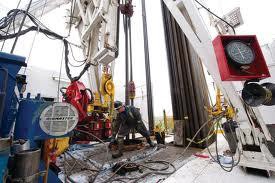
DE0979 : Pore Pressure & Well Control
- Date: Feb 22 - Mar 12 / 3 Days
- Location: Doha, Qatar
- Course Details Register
